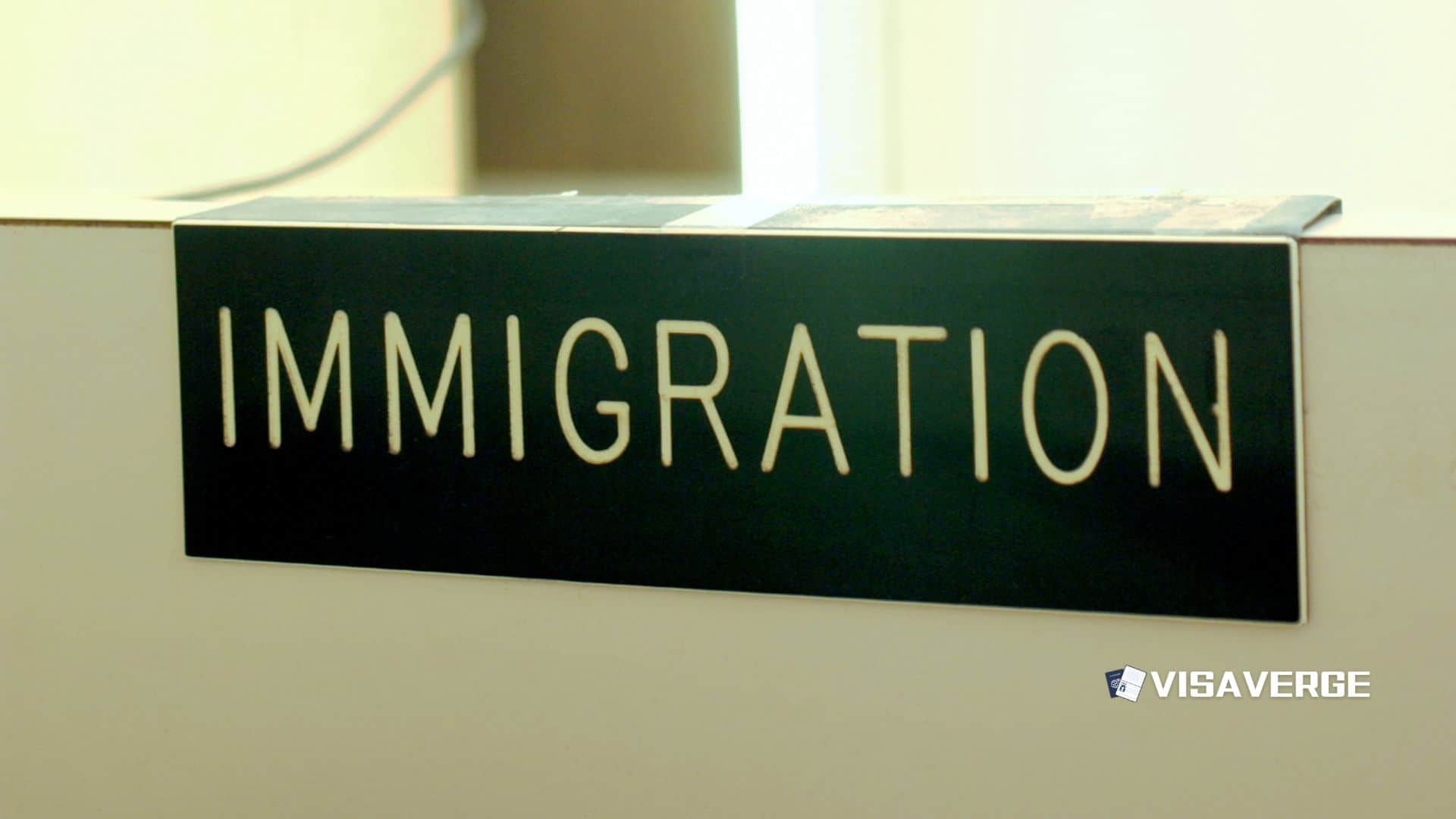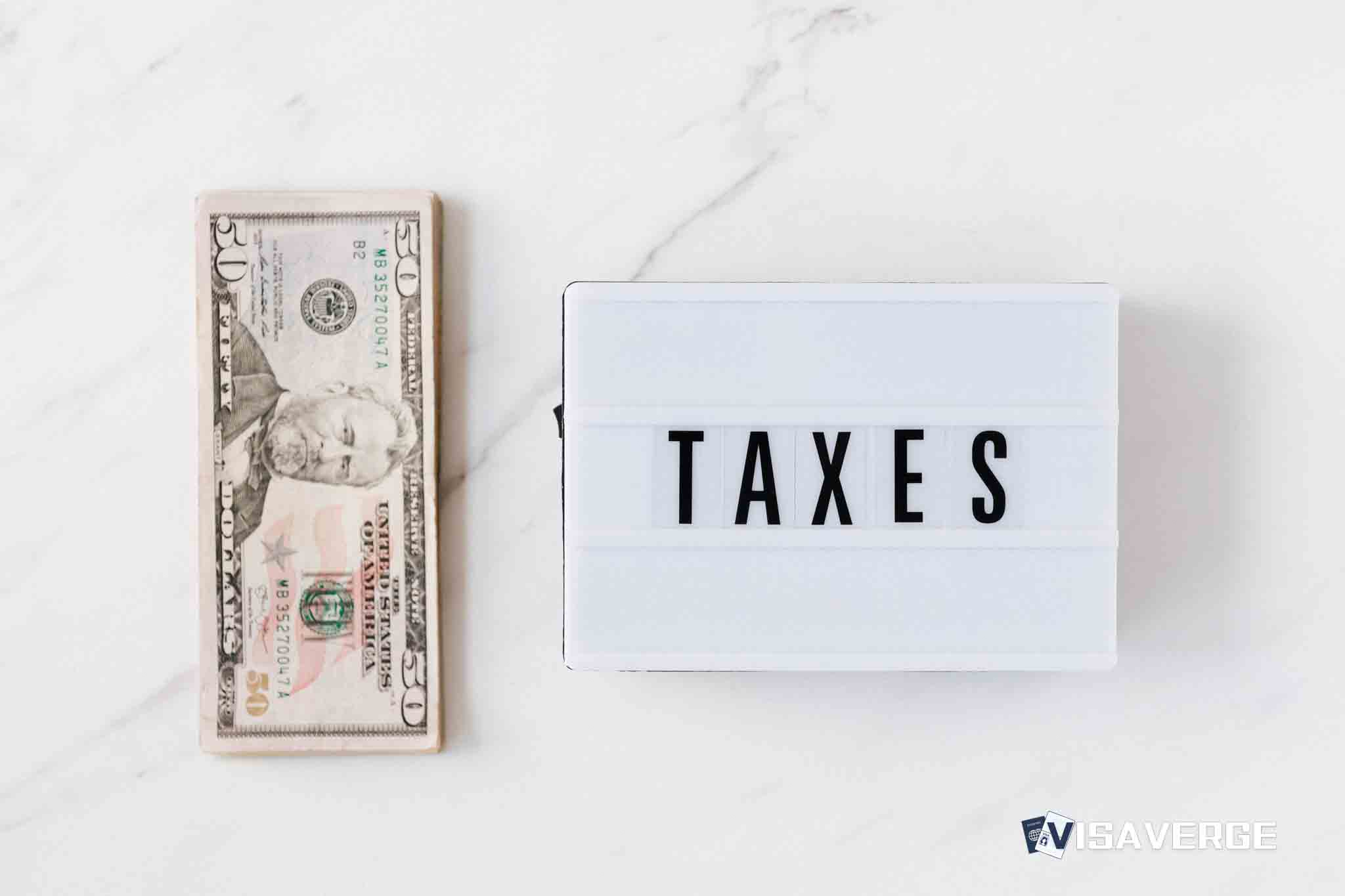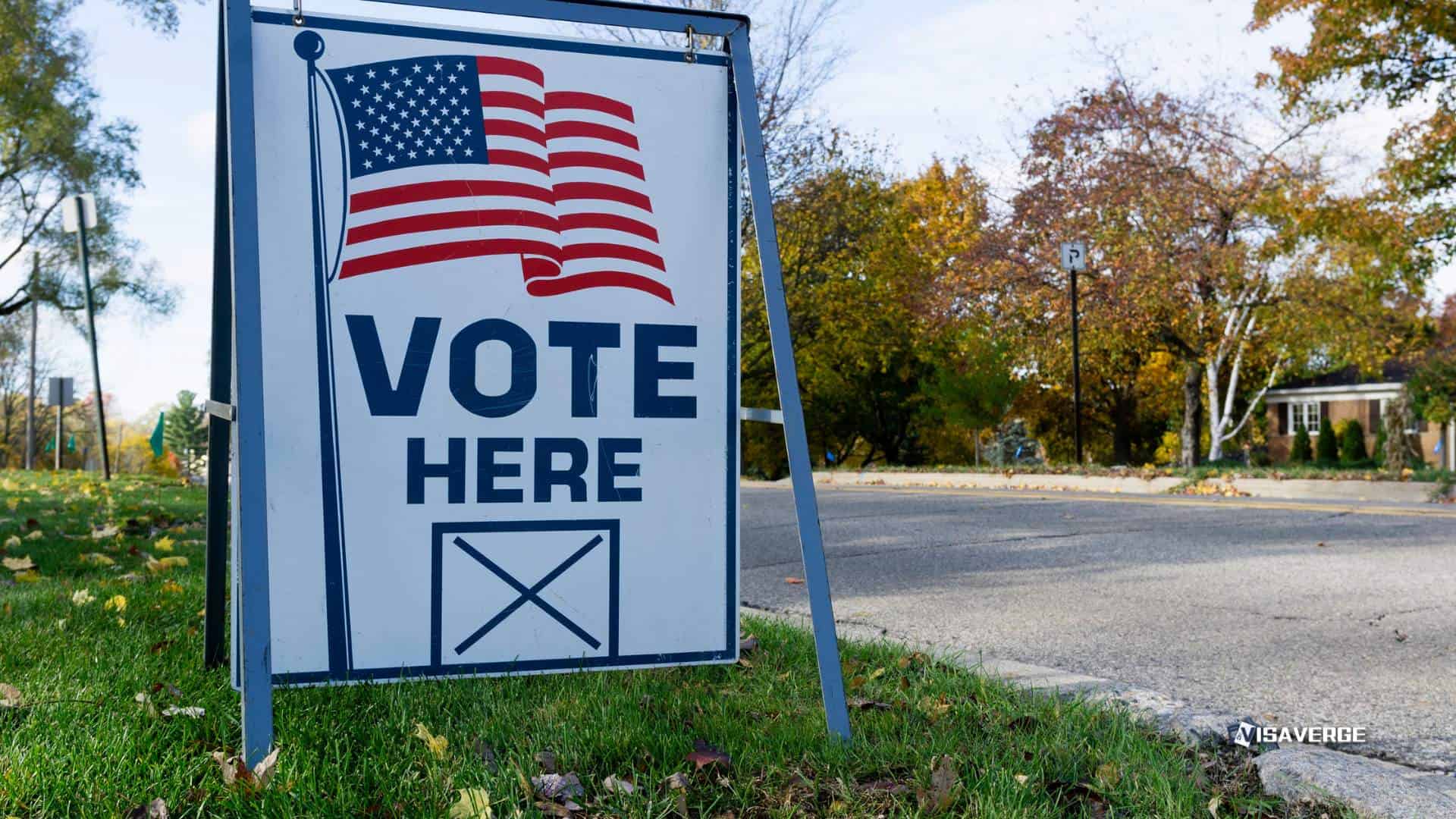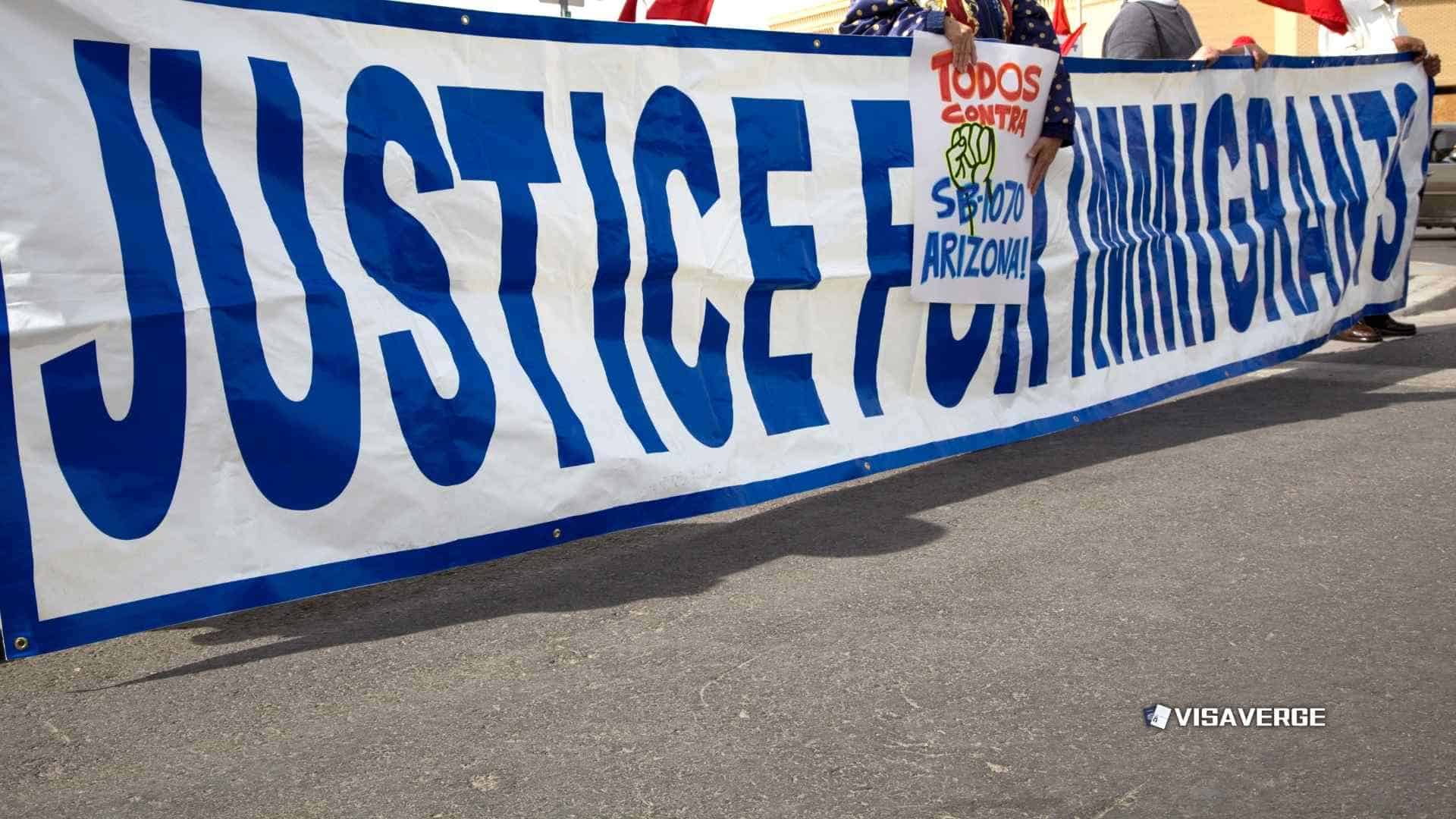(CHARLOTTE, NORTH CAROLINA) Border Patrol agents poured into Charlotte before dawn on November 15, 2025, launching a sudden federal immigration crackdown that has turned North Carolina’s largest city into an unexpected frontline of President Trump’s enforcement agenda.
Within hours, green-uniformed teams were spotted along South Boulevard, Central Avenue, and Albemarle Road, stopping cars, questioning pedestrians, and making arrests far from any international border. Federal officials call the operation a targeted push against criminals. Many local residents, officials, and immigrant families say they see something very different: an aggressive show of force aimed squarely at their community. Fear grows after raids.

Scope and significance of the operation
The operation, which began officially on November 15, 2025, marks the first time Border Patrol has taken the lead on large-scale immigration enforcement in Charlotte without direct coordination from Immigration and Customs Enforcement (ICE).
Border Patrol is part of U.S. Customs and Border Protection (CBP) and is normally associated with checkpoints and barriers at the country’s land borders and airports. Its sudden arrival in a banking and tech hub hundreds of miles from Mexico has left many asking:
- Why was Charlotte chosen?
- Is the city being used as a political test case rather than a security necessity?
Federal officials have not released detailed criteria for picking Charlotte. The decision follows months of heated national debate over crime, immigration, and so-called “open border” policies.
Political and local context
Several local and national events preceded the deployment and helped shape public perception:
- In August, the stabbing death of Irina Zariska, a Charlotte resident, became a rallying point for conservative commentators and Republican lawmakers who blamed federal failures and demanded tougher measures.
- North Carolina Representatives Mark Harris, Chuck Edwards, and Pat Harrigan repeatedly called for extra federal resources, arguing local police were overwhelmed—even as year-to-year city crime data painted a different picture.
- State politics intensified the atmosphere: House Bill 307, widely known as “Arena’s Law,” tightened pretrial release rules and reinstated the death penalty in North Carolina. Supporters said tougher penalties would deter violent offenders; critics said the law would hit poor and minority defendants hardest.
According to analysis by VisaVerge.com, Charlotte had already become a symbol in national arguments over whether immigration drives violent crime. Local leaders maintain that the data does not support those claims.
What happened on the ground
Residents in heavily immigrant neighborhoods reported seeing convoys of unmarked vehicles before sunrise on November 15, 2025, followed by agents in tactical gear and masks.
Key operational details reported in the first days:
- In the first three days, more than 130 people were arrested, according to Axios.
- Many arrests occurred during warrantless stops on streets, in parking lots, and outside small businesses.
- Witnesses described agents questioning people about birthplace and immigration status based on appearance and accent, raising concerns about racial profiling and the limits of federal power in a major Southern city far from the border.
Individual accounts
Among those caught in the sweep was Willie Aciutno, a Honduran-born U.S. citizen who says he was stopped twice by armed, masked agents while driving home from work. He recounts being pulled from his car, pushed to the ground, and injured despite repeatedly showing his state driver’s license and proof of citizenship.
“I kept telling them, ‘I’m American,’ but they did not listen,” he said.
Stories like his have spread quickly through Charlotte’s immigrant communities. Many families now avoid schools, clinics, and grocery stores for fear of being questioned or mistakenly taken into immigration custody.
Local response and community impact
City officials argue the crackdown contradicts local crime trends. The Charlotte-Mecklenburg Police Department reports violent crime dropped about 20 percent over the last year, even as national rhetoric framed Charlotte as an example of failed border policy.
Political and civic reactions include:
- Governor Josh Stein: sharply criticized the federal action, saying it “is not making us safer, it’s stoking fear and dividing our community.”
- Local pastors and school leaders: warn parents are skipping parent-teacher meetings and children are asking whether it is safe to play outside, even in familiar neighborhood parks.
Community organizations have mobilized quickly:
- Holding late-night meetings in church basements
- Distributing multilingual flyers explaining residents’ rights
- Advising caution and legal steps when interacting with agents
Legal framework and rights
Legally, Border Patrol has authority to operate anywhere in the United States, though it traditionally focuses on land borders and airports within a 100-mile zone. According to U.S. Customs and Border Protection, which oversees the U.S. Border Patrol, agents may:
- Question people about citizenship
- Conduct certain searches without a warrant within that zone
Civil rights lawyers warn that aggressive use of this power inside a dense urban area like Charlotte risks sweeping up U.S. citizens and lawful residents along with people who lack status. Many residents do not know their rights during stops or home visits inside crowded apartments.
Immigration attorneys currently advise:
- Do not open the door unless officers show a judge-signed warrant.
- Remain silent or ask for a lawyer if questioned.
- Keep important documents (IDs, proof of citizenship) accessible but avoid volunteering information.
Although the current sweep is led by Border Patrol, lawyers caution it could trigger more involvement from ICE, which files deportation charges in immigration court. Advocates fear long-term damage to trust in police, schools, and health services long after agents leave town.
Possible expansion and political split
Federal officials have signaled the Charlotte crackdown may spread. Internal briefings reportedly describe plans to extend operations to Raleigh and potentially other North Carolina cities.
- Supporters of President Trump’s approach insist the push is necessary to restore order and remove dangerous offenders.
- Opponents point to the numbers and local trends: a city where violent crime is falling, yet heavily armed officers are operating in neighborhoods, apartments, and workplaces.
As Border Patrol convoys roll through Charlotte, the central question remains: why here, and why now, since November 2025?
Key takeaways and warnings
- The operation began on November 15, 2025 and resulted in 130+ arrests within three days.
- Border Patrol is leading the enforcement effort in Charlotte without ICE coordination—an unusual posture for a city hundreds of miles from the border.
- Community leaders warn of increased fear, decreased trust in institutions, and potential racial profiling.
- Residents should be aware of their rights and follow legal guidance if approached by agents.
If you or someone you know is affected, contact local community organizations and immigration attorneys for assistance and keep copies of multilingual rights resources distributed in the area.
On November 15, 2025, Border Patrol launched a large-scale enforcement operation in Charlotte, leading to over 130 arrests in three days. Agents made many warrantless stops in immigrant neighborhoods, raising concerns about racial profiling and harm to U.S. citizens and lawful residents. The deployment—conducted without direct ICE coordination—contradicts local data showing a 20 percent drop in violent crime. Community groups and officials are distributing rights information and warning the effort may spread to other North Carolina cities.








